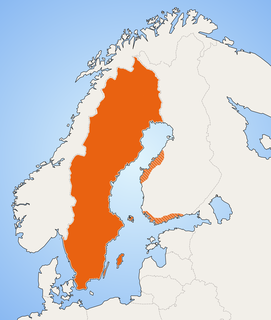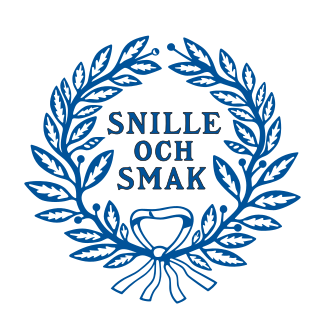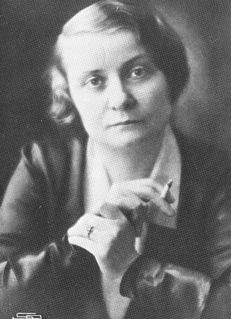
Tove Marika Jansson (Finland Swedish pronunciation: [ˈtuːvɛ ˈjɑːnsɔn], was a Swedish-speaking Finnish author, novelist, painter, illustrator and comic strip author. Brought up by artistic parents, Jansson studied art from 1930 to 1938 in Stockholm, Helsinki and Paris. Her first solo art exhibition was in 1943. At the same time, she was writing short stories and articles for publication, as well as creating the graphics for book covers and other purposes. She continued to work as an artist and a writer for the rest of her life.

The Governor, Maaherra, or Landshövding, of a province of Finland headed the activities of the State Provincial Office, Lääninhallitus, or Länsstyrelse until the end of 2009, when the provinces were abolished. The governors were appointed by the President. Many former ministers including but not limited to Kaarlo Hillilä, Martti Miettunen, Hannele Pokka and Anneli Taina served as governors, since the post was regarded as prestigious enough for a retiring minister, but still politically neutral. The title of maaherra was also considered a personal title, such that once appointed, the title maaherra remained for life.

Admiral is a naval rank in Sweden. According to current practice only royals and the Supreme Commander of the Swedish Armed Forces, if he were to come from the Swedish Navy, can hold the rank of a full, four star, Admiral (amiral) in Sweden. The lower admiral's ranks currently existing are: Vice admiral, Rear admiral and Rear admiral /Flotilla admiral. The rank of Rear admiral /Flotilla Admiral was added on 1 July 2000, and simultaneously promotions to the rank Kommendör av 1. graden were discontinued. One to three star admirals are all addressed as "admiral" in daily speech.

Evil is a 2003 Swedish drama film which was released to cinemas in Sweden on 26 September 2003, directed by Mikael Håfström, based on Jan Guillou's semi-autobiographical novel with the same name from 1981, and starring Andreas Wilson, Henrik Lundström and Gustaf Skarsgård. The film is set in a private boarding school in the late-1950s with institutional violence as its theme.
Söderströms Förlags Ab is a Finnish Swedish-language publishing company, founded in 1891 by publisher Werner Söderström.
The Thanks for the Book Award,, is a Finnish literary prize that has been presented since 1966 by the Organization of the Booksellers’ Association of Finland, Libro ry and the Finnish Library Association.
Vuorineuvos is a Finnish honorary title granted by the President of Finland to leading figures in industry and commerce. The title is honorary and has no responsibilities and no privileges. All Finnish titles are non-hereditary. The only title of equal rank is valtioneuvos.
Jansson is a Swedish patronymic surname, meaning "son of Jan", derived from Johannes, a cognate of John. There are alternate Belgian, German, Dutch, Danish, Latvian and Norwegian spellings. Jansson is rare as a given name.
Samfundet De Nio is a Swedish literary society founded on 14 February 1913 in Stockholm by a testamentary donation from writer Lotten von Kraemer. The society has nine members who are elected for life. Its purpose is to promote Swedish literature, peace and women's issues. It mainly presents a number of literary awards. It was started as an alternative to the Swedish Academy and is often compared to its more noted cousin.
The Eino Leino Prize is an annual prize award to top writers in Finland since 1956, with particular emphasis on poets.

The Prince Eugen Medal, is a medal conferred by the King of Sweden for "outstanding artistic achievement".
Lars Erik Taxell, was a Finnish legal scholar and politician. He was the leader of the Swedish People's Party of Finland in 1956-1966. He was also the Rector of the Åbo Akademi University in Turku, Finland, in the 1950s and its chancellor in the 1980s.
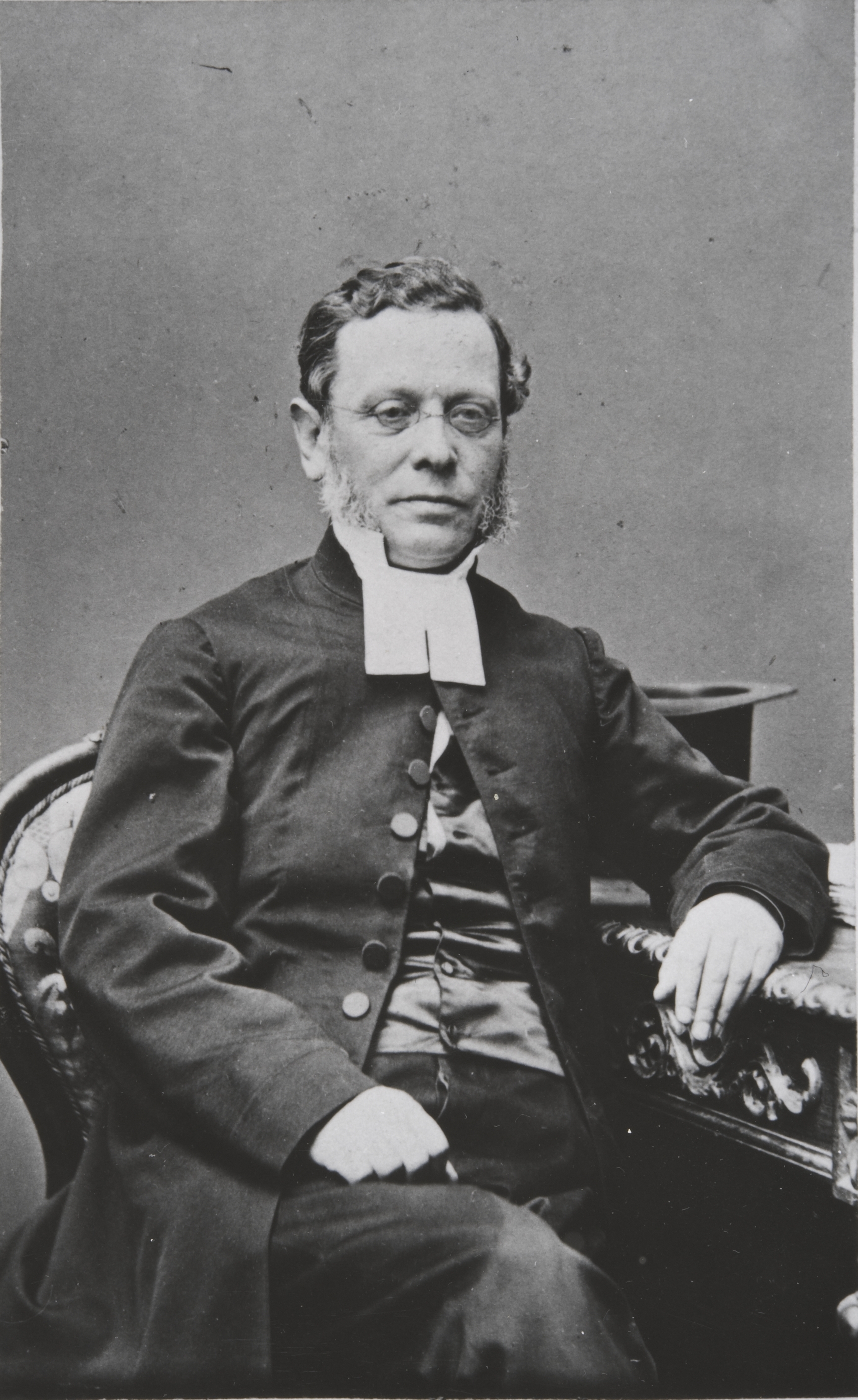
Carl Gustaf von Essen was a Finnish Pietistic priest.

Gunnar Olof Björling, was a Swedish-speaking Finnish poet. He was one of the leading figures of Finnish-Swedish modernist literature, along with Elmer Diktonius, Edith Södergran and Hagar Olsson.
Enckell is a Finnish-Swedish surname. Notable people with the surname include:
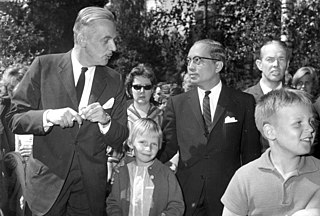
Carl Fredrik Ralph Alexander Enckell was a Finnish diplomat.
